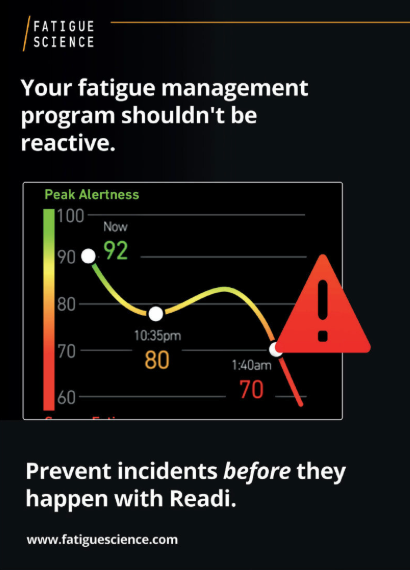Elliot Chan writes:
Sleep: we spend a third of our lives doing it—or at least we should.
In our stressful 24/7 world with deadlines and overtime, sleep deprivation is a common problem for many people. Whether you are a student or a professional athlete, society demands us to function at our best and Fatigue Science knows that in order to give our top performance we must be well rested and fully charged.
In 2007, Vancouver-based Fatigue Science was founded with the goal of creating a more effective world by applying science and technology to assist sleep, optimize performance, reduce risk and improve lives.
Fatigue Science understands that scheduling for sleep is not always as simple as closing your eyes. “Studies show that in the United States, 30% of adults sleep less than 6 hours per night,” FatigueScience.com states, “and 65% of adults have sleep problems at least a few nights a week…




